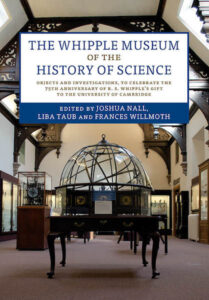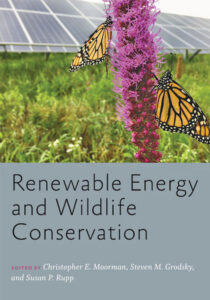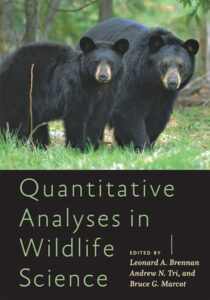Hold on to your gardening hats, my friends, because come late February, Princeton University Press is going to be publishing Dr. Ross Bayton’s “The Gardener’s Botanical: An Encyclopedia of Latin Plant Names.”

Hold on to your gardening hats, my friends, because come late February, Princeton University Press is going to be publishing Dr. Ross Bayton’s “The Gardener’s Botanical: An Encyclopedia of Latin Plant Names.”

This new book presents selections of curated items from the museum’s breath-taking collection, ranging from astrolabes to early electronic calculators, and explains some of the interesting and important work that has been made possible by their presence in the museum’s collection.

The funny thing about trying to re-make the world after generations of humans have so effectively un-made it is that sometimes even the best intentioned of plans for a more environmentally friendly and sustainable future can end up producing undesirable, sometimes even environmentally harmful, effects. Solar panel farms, for example, may be seen as less destructive that fossil fuel extraction, however they require for land to develop, disrupting larger amounts of plant and wildlife habitat.

Late in 2019, at the annual meeting of The Wildlife Society in Reno, Nevada, some roguish wag who according to observers looked suspiciously like me, may have, in a conversation with the senior life sciences editor of Johns Hopkins University Press, playfully referred to the then just-released “Quantitative Analyses in Wildlife Science” as “How to Count Bears.”